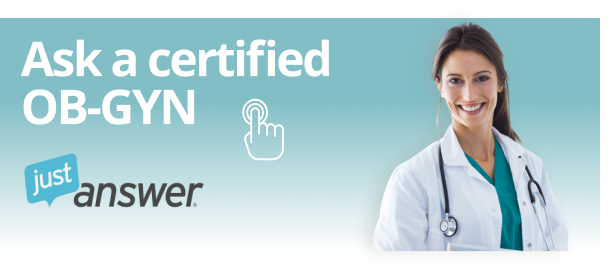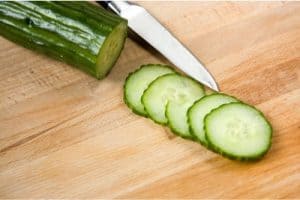The importance of having folate in your diet especially during pregnancy still remains unknown to a large fraction of women. Apart from causing the mother ample amount of discomfort, folate deficiency during pregnancy exposes the unborn child to neural tube defects and a lifetime of structural and developmental problems.
What is Folate?
Folate is a chemical compound and an essential source of Vitamin B. It is a generic term both for naturally occurring folate and synthetic man made folate known as folic acid. It functions as a co-enzyme and works along with vitamin B12 and vitamin C to help the body break down, use, and create new proteins. The vitamin helps form red blood cells and produces DNA, the building block of the human body, which carries genetic information and RNA, which boosts the nervous, and immunity systems.
What is Folate Deficiency?
Simply put, folate deficiency is the absence of adequate amount of folate or folic acid in your body. Folate deficiency is especially dangerous during pregnancy as it exposes the fetus to a multitude of birth defects.
What are the causes of folate deficiency?
Poor nutritional choices are the key cause to folate deficiency. A deficiency of folate occurs when the body’s need for folate is increased, when dietary intake of folate is inadequate, or when the body excretes more folate than usual.
Other leading causes of folate deficiency include –
- Intake of excessive alcohol – Alcohol affects the body’s ability to absorb folate and also increases folate in urine.
- Diseases that affect the absorption of folate – Diseases like Celiac disease and Crohn disease, due to which folic acid is absorbed inefficiently in the digestive system leading to folate deficiency.
- Taking medications that interfere with the body’s ability to use folate – Medicines such as phenytoin, valproate, and carbamazepine cause a deficiency in folate levels.
What are the signs of folate deficiency during pregnancy?
There are certain signs and symptoms that pregnant women need to watch out for to know if they suffer from folate deficiency. These include
- Loss of weight and appetite.
- Mouth sores and tongue swelling
- Frequent sickness
- Pale skin
- Persistent fatigue
- Shortness of breath
- Anemia
Why women should care about folate deficiency during pregnancy?
Although folate deficiency affects children and adolescents as well, pregnant women in particular need to maintain a higher degree of folate levels in their body. This is because the developing fetus in the womb uses folate. Research proves that taking folic acid supplements and/or consuming folate-rich natural foods can easily fulfill the mother and the infant’s nutritional requirements. Besides, this also reduces the chances of spina bifida and other neural tube defects in the unborn baby.












